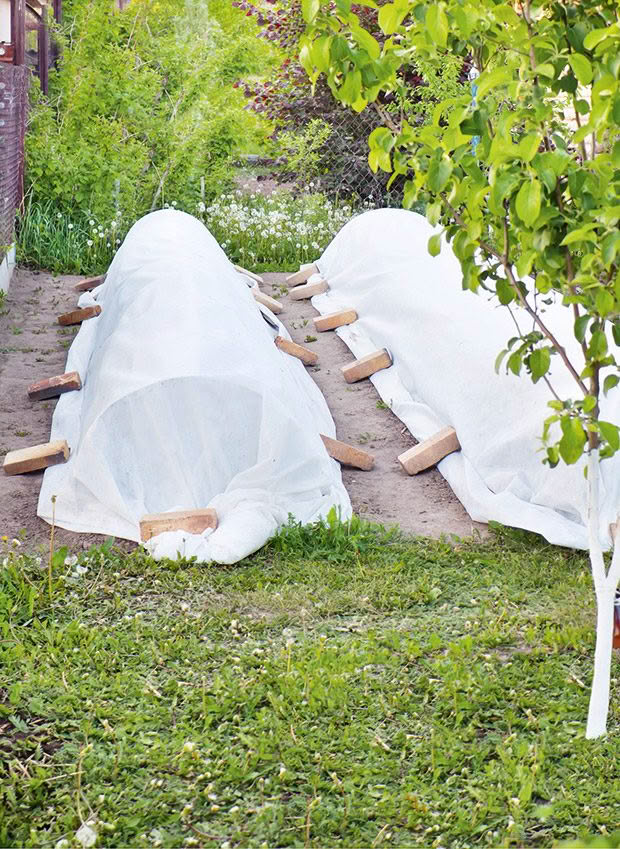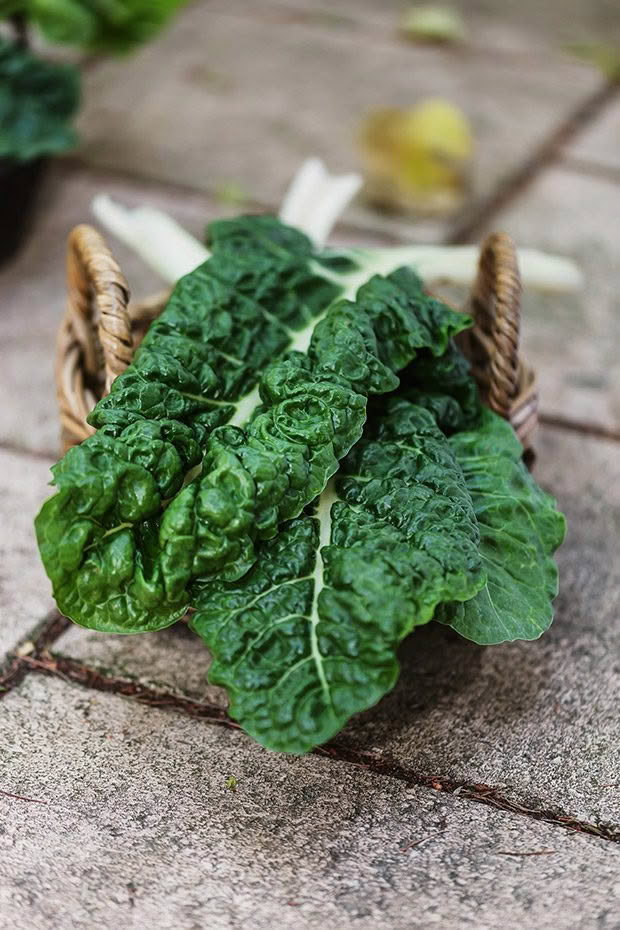What to dig up, plant and prepare in the garden this May

It’s time to put the final touches on your cold-tolerant garden.
Words: Jane Wrigglesworth
1. Erect row covers over raised beds to extend the growing season. To make a simple floating row cover, push in hoops made from flexible PVC pipe at the ends and in the middle of beds. Cover with frost cloth. You can also purchase kits.
2. Remove runners from strawberries and plant out for next year’s harvest.
3. Dig up potatoes and carrots before the first frosts. Leave your parsnips and yams – they taste sweeter after a frost. Nb: neither plant has much growth once their leaves are frosted.
4. Make a sowing of broad beans for early harvesting. Sow in full sun in free-draining, compost-enriched soil, and provide shelter from strong winds and stakes for each plant. If black aphids accumulate on the growing tips, blast with the hose (although they’re more likely to appear on beans sown in spring).
5. Plant broccoli and cauliflower seedlings. If your area gets heavy frosts, plant in a tunnel house.
6. Plant cold-tolerant leafy vegetables such as kale, spinach, silverbeet, cabbage, miner’s lettuce, lamb’s lettuce (corn salad), Romaine and Cos lettuces in raised beds.

7. If you haven’t already, prepare a patch for planting garlic. Choose a site in full sun, and dig in compost or well-rotted manure. Wait a couple of weeks, then dig the soil over again (the looser the soil, the larger your bulbs will grow), then plant individual cloves. You want the pointy end up, 5cm deep, about 20cm apart, in rows 30cm apart.
8. Autumn leaves are falling. Gather them up and make leaf mould. Place in a black plastic bag that has holes punched into the sides. Dampen the leaves, secure the top of the bag with a tie, and put aside for several months. It will rot down into beautiful humus for the garden.
9. In frost-prone areas, mulch the garden with pea straw to protect against frost. Add some pea straw to the compost bin as well to balance out the ‘green’ materials. A handful of lime will aid decomposition. Cover your heap with plastic to protect it from excessive rain.
Love this story? Subscribe now!
 This article first appeared in NZ Lifestyle Block Magazine.
This article first appeared in NZ Lifestyle Block Magazine.
